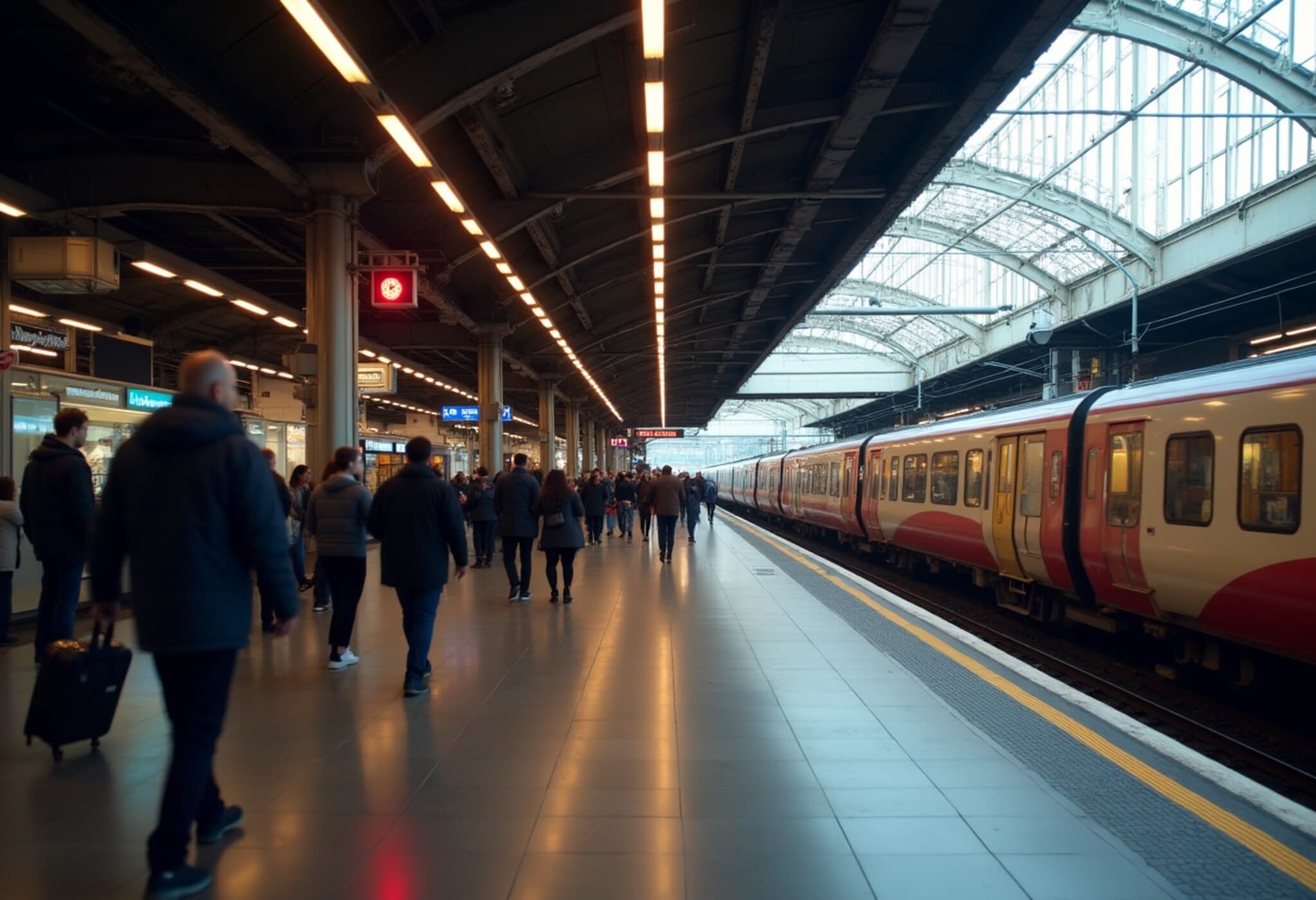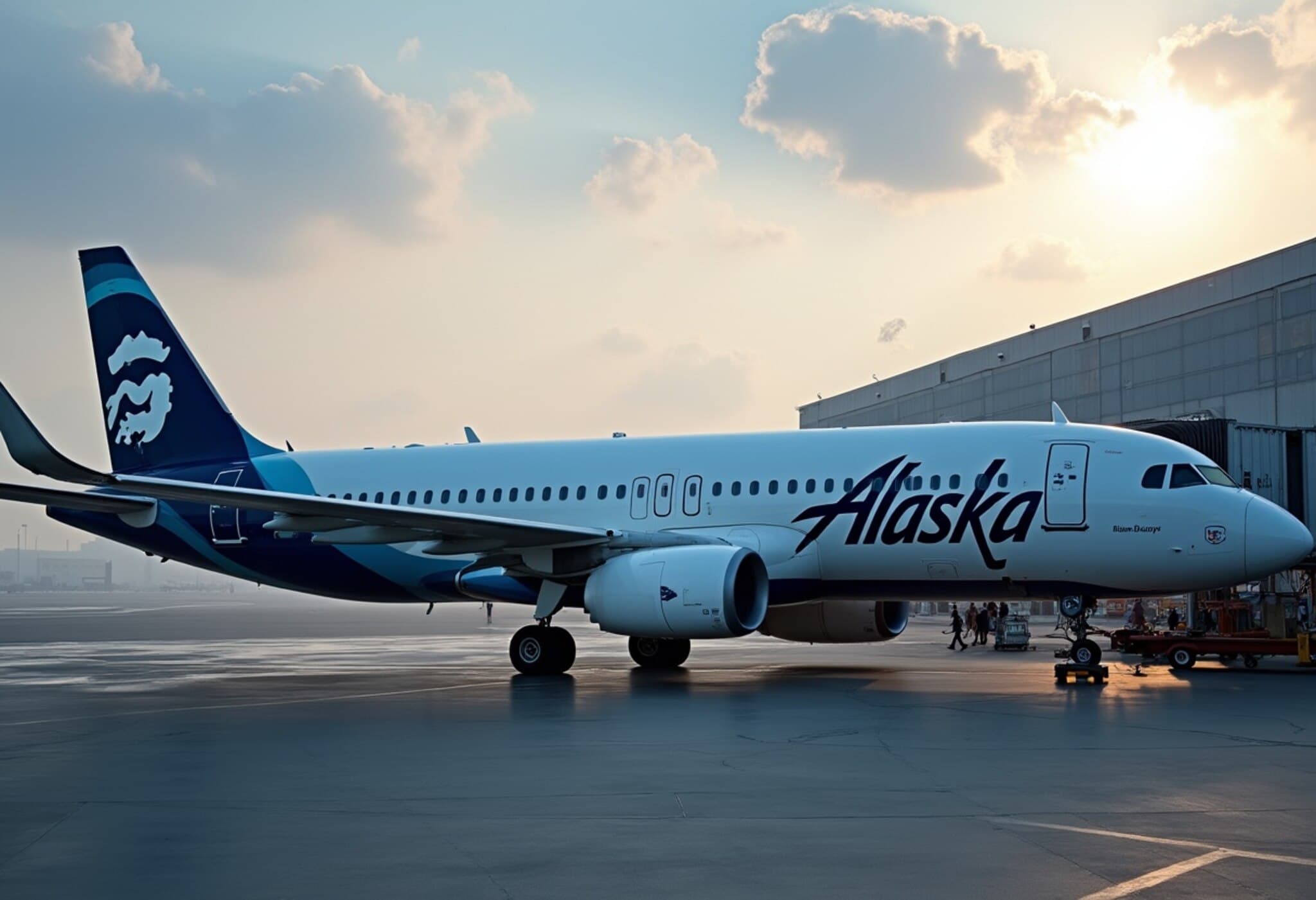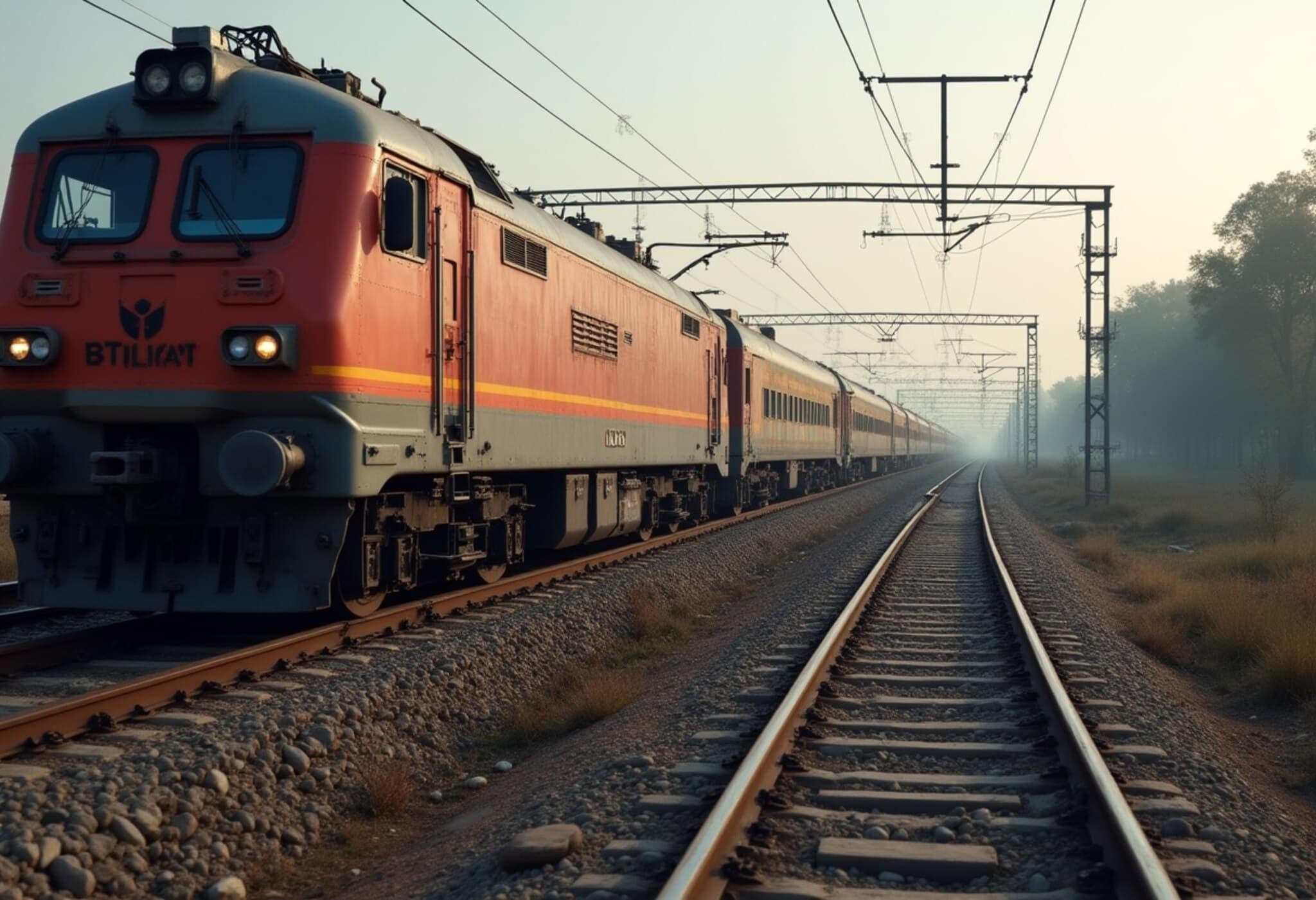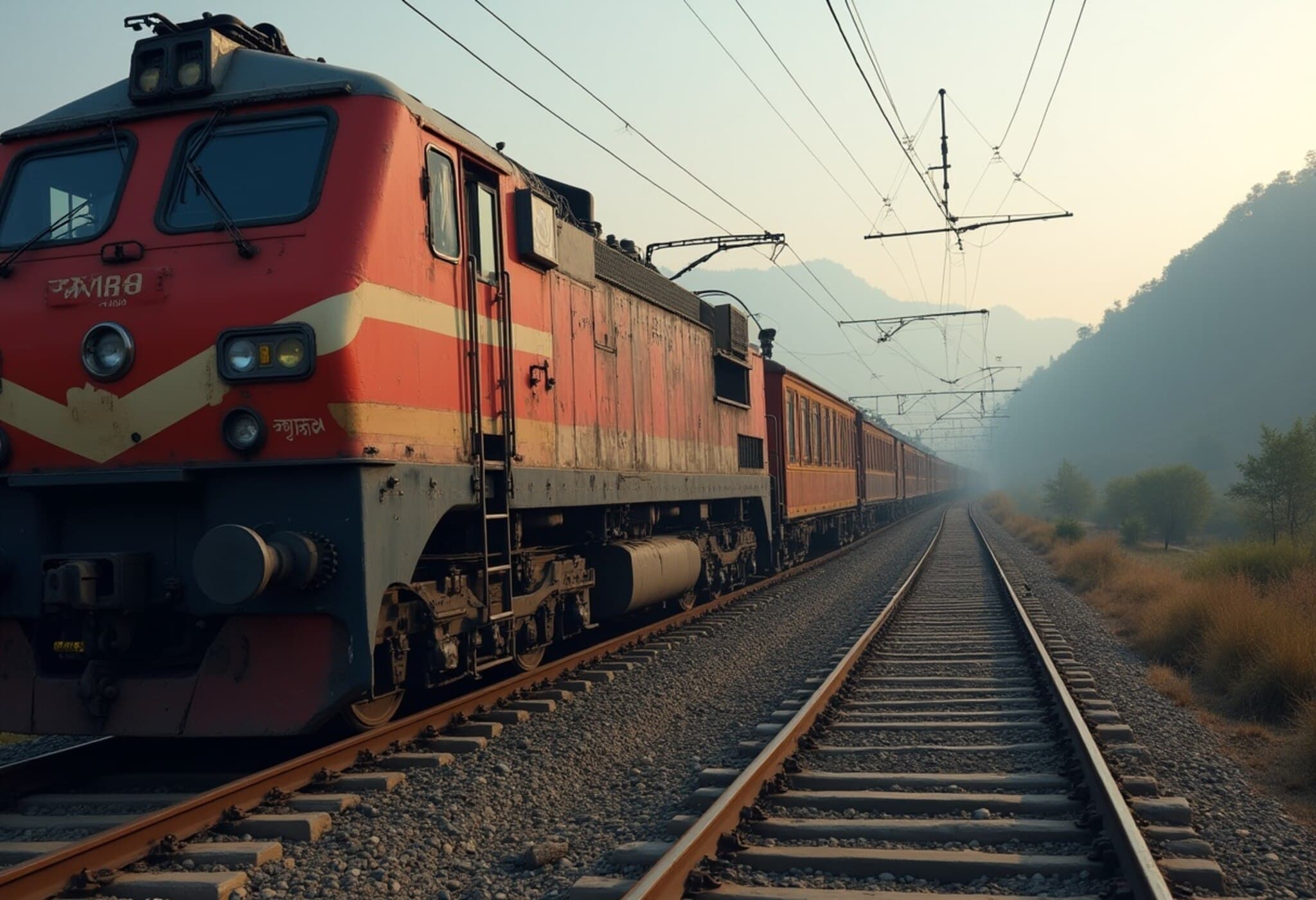Major Rail Disruption Hits Leeds Station Over Signal Failure
Weekend travel plans were thrown into chaos on July 26, 2025, as a critical signalling failure at Leeds railway station in the United Kingdom brought all train services to a standstill. The disruption affected thousands of passengers and caused delays and cancellations across multiple major rail operators, prompting urgent travel warnings.
Complete Line Closure and Official 'Do Not Travel' Advisories
Leeds station—a significant hub connecting northern England to other regions—experienced a fault with its signalling system around 4 p.m. local time. Network Rail reported that the issue persisted for approximately an hour, during which all train lines were blocked. Operators including CrossCountry, London North Eastern Railway (LNER), Northern, and TransPennine Express (TPE) issued a blanket 'do not travel' warning to passengers.
Although the signalling fault was resolved by 5 p.m., cascading delays persisted as services resumed gradually. Leeds station reopened at 6 p.m., but timetable disruptions meant many travelers faced cancellations or delays extending up to two hours.
⚠️NEW – Disruption expected until 17:00
A fault with the signalling system in the Leeds area means all lines are blocked. Trains running through this station may be cancelled, delayed by up to 40 minutes or revised.
— National Rail (@nationalrailenq)
Several routes connected to Leeds were adversely impacted, disrupting travel over a vast geographic area.
Routes and Services Affected
- CrossCountry: Services between Penzance, Plymouth, Bristol Temple Meads, and Edinburgh; Reading to Newcastle; Plymouth to Leeds and Glasgow Central.
- LNER: Trains from London Kings Cross to Bradford Forster Square, Skipton, Leeds, and Harrogate.
- TransPennine Express: Routes linking Liverpool Lime Street to Newcastle and Edinburgh; Hull and Scarborough to Leeds; Manchester Victoria to Leeds, York, Scarborough, Saltburn, and Redcar Central.
The National Rail confirmed that tickets purchased for travel on July 26 remain valid for journeys on July 27, providing some relief to affected passengers.
Expert Insight: Why Signalling Systems Matter
Signalling infrastructure is the nervous system of rail networks, coordinating train movements and ensuring safety. Even a brief fault can ripple through interconnected routes, causing widespread disruption. Leeds station’s position as a major transit hub amplifies the consequences of technical failures.
Maintenance and resilience investments are critical to mitigate such risks. In an era where rail travel is central to regional connectivity and economic activity, failures underscore the need for continual modernization and rapid response protocols.
What This Means for Travelers
- Passengers should monitor National Rail updates and operator websites before planning journeys.
- Alternative transport modes and flexible travel plans are advisable when signaling faults are reported.
- Awareness about ticket validity extensions can prevent unnecessary expenses.
Looking Ahead: Infrastructure Challenges and Passenger Trust
This incident raises broader questions about ageing railway infrastructure in the UK and the resilience of signalling technology. As climate impacts and cyber risks evolve, rail operators must balance investment in innovation with maintaining reliable daily service.
Travelers, meanwhile, seek clear, timely communication and compensation when disruptions occur. Transparent management of incidents fosters trust and supports a smoother recovery when unexpected faults arise.
Editor's Note
The Leeds signalling fault is a stark reminder of how critical infrastructure failures disrupt lives and economies in profound ways. Beyond immediate inconveniences, such events challenge operators and policymakers to prioritize robust, future-proof solutions. For passengers, staying informed and adaptable is essential in today’s complex transit landscape.











